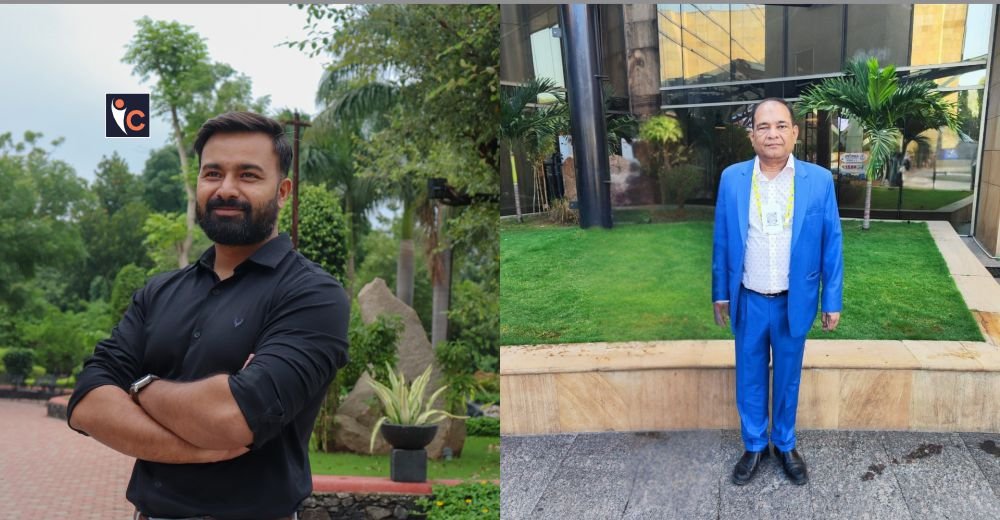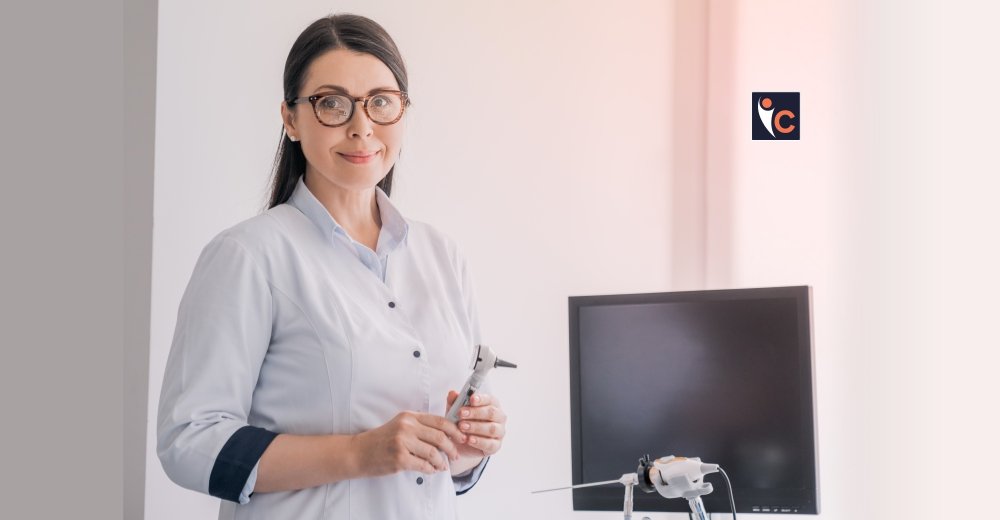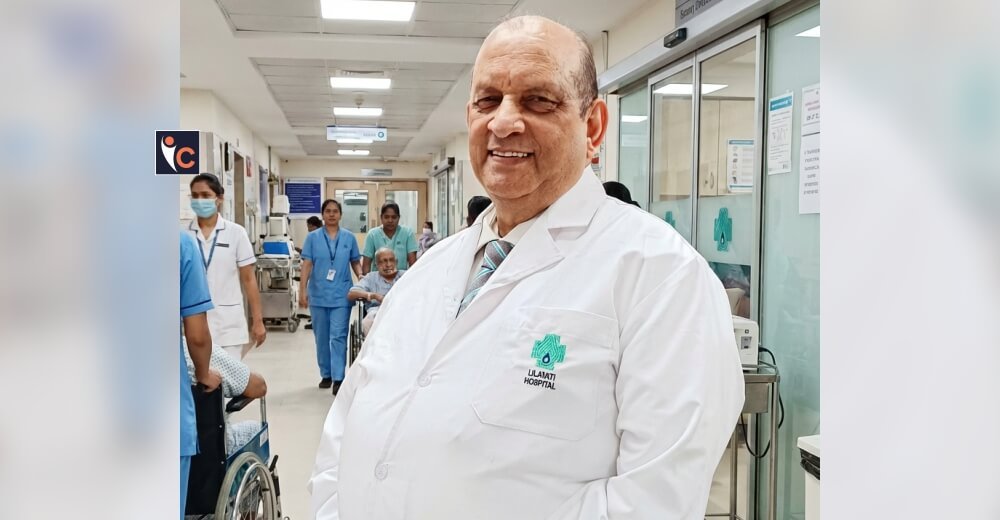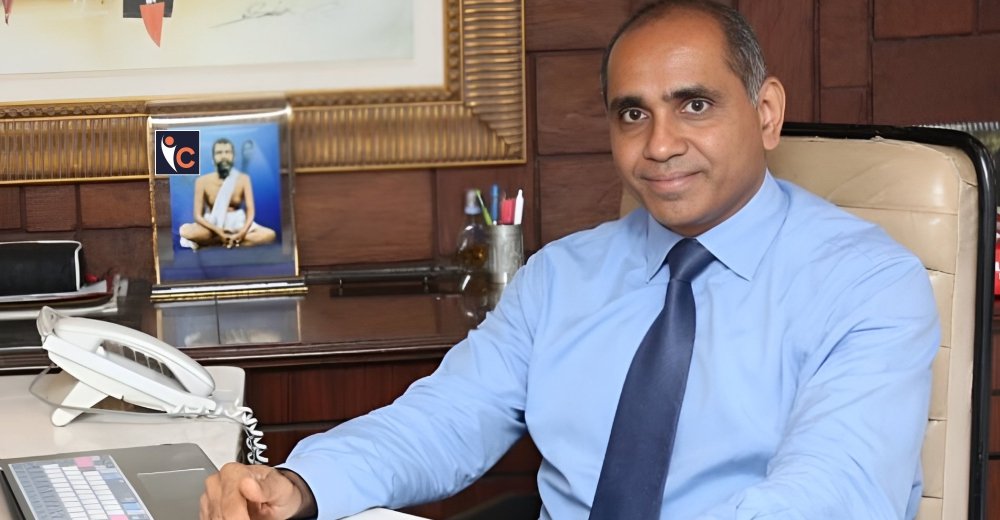Mental health in India has undergone a remarkable transformation in recent years. Once a deeply stigmatized field, where individuals concealed their struggles to avoid societal judgment, the landscape has shifted significantly. The COVID-19 pandemic, with its isolation and lack of social interaction, amplified issues like anxiety and depression, pushing many to seek professional help. While practices like meditation and yoga offer relief, complex trauma and mental health challenges often demand specialized, individualized care. This growing need gave rise to organizations providing accessible solutions, including online counseling, yet the necessity for tailored, in-person treatment remains critical for severe cases.
Alpha Healing Center, located near Vadodara, Gujarat, India, stands at the forefront of this evolution. A premium rehabilitation and mental health facility, it focuses on treating the person, not just the diagnosis, offering holistic, evidence-based solutions for addiction, anxiety, depression, and other mental health conditions. Under the leadership of Chief Executive Officer Vijay Patel, the center has cultivated a philosophy that rejects the one-size-fits-all approach. Instead, it trains therapists to view individuals as people with problems, not as problematic individuals. This empathetic, person-centered approach has positioned Alpha healing center as one of India’s most effective inpatient mental health and De-addiction rehabilitation center.
The center, clinically powered by Adayu (a Fortis Group Company), integrates therapies like yoga and counseling with comprehensive detox and rehab programs. Deepak Bohra, Head of Psychological Services with an M.Phil degree, plays a pivotal role in designing personalized treatment plans that address the unique complexities of each patient. With comfortable accommodations and a commitment to transformative care, Alpha Healing Center has emerged as a beacon of hope, redefining mental health treatment in India.
Let’s delve into the interview details below!
Can you tell us about the inception of Alpha Healing Center? What is the vision and mission of the Alpha Healing Center?
The concept of developing Alpha Healing Center stemmed from the fact that our MD, Mr. Dax Patel, was very keenly interested in behavioral sciences. He had been studying extensively in this field and was always looking for an opportunity to contribute or enter the behavioral science domain. Being an entrepreneur with a deep interest in behavioral science and a strong desire to serve the community, he recognized the lack of state-of-the-art rehabilitation centers in India. This inspired him to bring his vision to his hometown, Vadodara, and lay the foundation for Alpha Healing Center. This marked the inception of Alpha Healing Center. After conducting market research on the scope, potential, and unmet needs in the region, Alpha Healing Center was officially initiated in 2012. The concept was implemented that year with careful planning around design, budget, and all necessary elements to make it a success.
Deepak, as a clinical psychologist, how do you ensure that scientific and evidence-based mental health practices are harmoniously blended with holistic therapies?
At Alpha Healing Center, we don’t see evidence-based clinical therapies and holistic practices as opposites—they’re complementary. As a clinical psychologist, I rely on validated methods like CBT, DBT, trauma-informed and trauma-focused therapies. But used alone, they can be limited. That’s why we integrate them with holistic approaches such as mindfulness, yoga, breathing exercises, and grounding techniques.
Each intervention is selected intentionally based on the client’s needs, with the aim of not just treating symptoms but also enhancing emotional regulation, self-awareness, resilience, and overall personality growth.
Vijay, Alpha Healing Center has built a strong presence both in India and internationally. How did you position the center globally, and what types of transformations are your global clients usually seeking? Any expansion or collaboration plans?
Alpha Healing Center maintains the same positioning in both domestic and international markets: offering a blend of evidence-based treatments and holistic therapies. While evidence-based practices are standard worldwide, our holistic approach is what sets us apart—especially for international clients seeking more integrative care.
Since our launch in India, we’ve seen strong acceptance from both domestic and international clients. Though we don’t have immediate plans for physical expansion, we’re focusing on key regions like the Middle East, Africa, Europe (particularly the UK), and Canada to reach those in need of our services more effectively.
Deepak, could you walk us through one of your signature therapy programs that exemplifies the synergy between psychological treatment and holistic healing? And what is the USP of Alpha Healing Center?
Alpha Healing Center’s signature offering—and core USP—is the Integrated Recovery Program. This combines intensive one-on-one psychotherapy, group sessions, and neurocognitive therapies with daily holistic practices like yoga, meditation, expressive arts, and spiritualism. For example, a trauma client may undergo EMDR alongside trauma-sensitive breathwork or yoga. Each therapy is customized, and group sessions are carefully structured to avoid mixing patients with different diagnoses.
Our dual-path approach blends neuroscience-based treatments with embodied holistic care. What sets Alpha apart is our commitment to treating individuals—not just diagnoses. Our therapists are trained to see people as unique, customizing care to address emotional, physical, relational, spiritual, and cultural needs.
Our foundation rests on three pillars:
- Evidence-based medicine
- Transforming lives
- Patient-focused care
Since 2017, Alpha has aimed to be a trusted center where families feel confident their loved ones will receive compassionate, comprehensive care.
Vijay what were some of the initial challenges you faced in advocating for holistic and mental health care in India, and how did you work through those barriers?
When we launched Alpha Healing Center in 2017, awareness around mental health and holistic care was just beginning to grow. The stigma surrounding mental illness and rehab was still strong, so our first year focused on education—through CME programs and public outreach—to inform both the public and medical professionals about our approach to addiction and mental health treatment.
As a voluntary center, we emphasized that patients choose to come to us, never under pressure. A major early challenge was gaining families’ trust and addressing doubts about whether treatment would truly help. Through consistent counseling and honest communication from our expert team, families gradually saw that Alpha makes no false promises—only committed, transparent care.
From day one, we’ve staffed only qualified professionals—MPhil and RCI-registered psychologists, MD psychiatrists, and experienced counselors—ensuring every patient is in expert hands.
Now, after nearly eight years, the trust we’ve built is evident in the real, lasting transformations patients experience. Word-of-mouth and success stories continue to bring people to Alpha with confidence.
Deepak, is there a particular recovery journey or client story that left a deep impact on you, both professionally and personally?
Before becoming a therapist, I was a patient myself. My personal recovery shaped my belief that therapy is essential for everyone—not because we are the problem, but because problems often choose us. This perspective helps me support patients beyond just techniques—through empathy, authenticity, and lived experience.
One case that deeply moved me involved a patient who came to Alpha after multiple relapses and years of hopelessness. Through structured therapy and somatic work, they reconnected with their body, emotions, and relationships—realizing that healing isn’t about “fixing” oneself but reclaiming self-worth. Their journey mirrored my own and reinforced the power of consistent, compassionate care.
That’s what sets Alpha apart—we offer a genuine, stigma-free space where people feel seen, not judged. Relapses may happen, but our patients return because they know Alpha is a safe, supportive home.
Vijay Patel adds:
One unforgettable case was a 45–50-year-old Indian industrialist who had been to 34 rehab centers worldwide with no success. His alcohol addiction was severe—starting his day with a drink and sleeping with a glass in hand. His family brought him to Alpha, where he stayed for six months.
Five years later, he remains sober. His mother’s words—“Alpha has given us a new son”—stay with us. This story proves that even the toughest cases can heal when treated with compassion, expertise, and belief.
Vijay, how would you describe your leadership approach, and what steps do you take to ensure your team remains committed to Alpha’s healing philosophy?
My leadership approach was shaped by our Managing Director’s vision in 2016—to make Alpha the most trusted name in rehab. He handed me the keys with one goal: build a center families can rely on without hesitation.
Since then, I’ve embraced a leadership style rooted in trust, transparency, and zero micromanagement. Our culture is free from gossip and politics—everything revolves around patient care. Everyone here treats their role as more than a job—we’re available 24/7, even after discharge.
I believe in empowering my team, encouraging feedback, and adapting to change. Continuous learning and open communication help us stay aligned with our mission and maintain a deeply committed, healing-focused environment.
Alpha Healing Center emphasizes voluntary admission. How do you handle families or individuals struggling to accept treatment or those seeking involuntary rehabilitation?
At Alpha, we are a voluntary admission center—treatment begins only with the patient’s consent and motivation. To address fears or myths, we encourage visits to the center, allowing patients and families to see our transparent, compassionate environment firsthand.
If someone is unwilling to join voluntarily, we guide families honestly about alternative involuntary rehab options. We do, however, try to engage such patients through consultations to help shift them toward voluntary acceptance, as real recovery requires active participation.
Clinically, we focus on underlying issues—like relationship or emotional struggles—rather than just symptoms. Programs like our 10-day detox offer a gentle start, often leading to longer, more effective treatment.
Our priority is lasting, holistic recovery—not forced or short-term solutions.
Can you elaborate on how you decide which therapeutic modalities are best suited for each individual client?
At Alpha, treatment begins with a comprehensive assessment by psychiatrists, followed by evaluations from psychologists and counselors. A diagnosis, such as alcohol addiction, is just the starting point—we explore deeper factors like trauma, genetics, and emotional history.
Based on this, we create tailored treatment plans. Therapies like RTMS help regulate brain function, while Neurofeedback uses real-time data to uncover emotional triggers. This integrative approach—blending medical, psychological, and behavioral therapies—allows us to adapt treatment continuously, ensuring holistic recovery across mind, body, and emotions.
How do you measure progress and outcomes for clients at Alpha? Are there specific metrics, follow-up systems, or aftercare protocols that you follow to ensure lasting recovery?
At Alpha, we begin measuring progress from day one using standardized psychiatric and psychological assessments to evaluate physical, mental, and neurocognitive health. Baseline evaluations are done within the first few days, followed by progress checks every 10–15 days.
Post-discharge, we provide continuous follow-up for 3 to 6 months, ensuring patients stay connected with their therapists. This structured approach supports long-term recovery and helps maintain emotional, mental, and physical well-being.
Vijay and Deepak, what advice would you give to individuals just beginning their healing journey?
Vijay Patel:
Recovery starts with self-belief. Therapies and tools help, but your commitment is key. Healing continues after discharge—stay connected with professionals and be open about struggles. Joining a 12-step program can provide strong community support for long-term recovery.
Deepak Bohra:
Recovery begins with acknowledging the need for help. Always seek professional guidance—mental health is too complex for self-diagnosis. Start early, stay proactive, and consistently engage with therapy to regain control and achieve lasting healing.
Lastly, where do you see India’s holistic wellness and rehabilitation industry heading by 2030?
Over the past eight years, India’s holistic wellness and rehabilitation sector has grown significantly, with more professionals and patients seeking help. Rising awareness is increasing demand, and current centers like Alpha Healing Center still have capacity to serve more patients before expansion. Looking ahead, we expect further growth, new centers across India, and greater accessibility and acceptance of mental health and holistic wellness by 2030.





